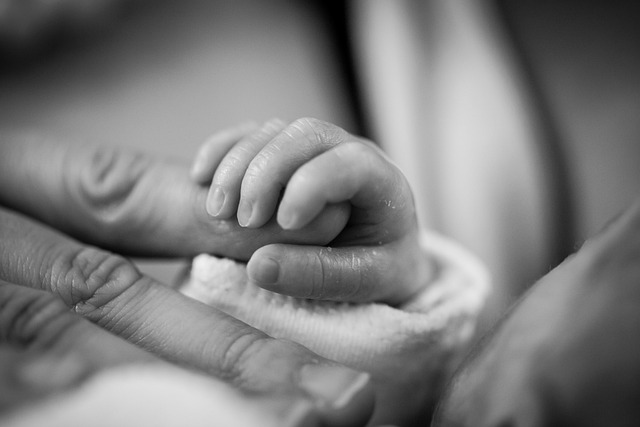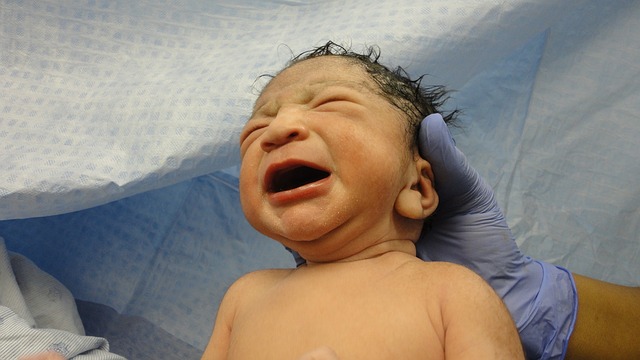In the United Kingdom, a birth certificate translation UK is an essential requirement for individuals applying for visas, passports, and citizenship. Such translations must comply with legal standards and be certified by accredited professionals to meet the demands of authorities like the UK Home Office. Specialized translation services that offer 'birth certificate translation UK' ensure that all information is accurately conveyed, including cultural nuances and legal terminologies. These translators are often members of respected bodies like the Institute of Translation and Interpreting (ITI) or the Chartered Institute of Linguists (CIOL), and they must adhere to detailed guidelines issued by the UK's Home Office. The translated documents undergo a rigorous process, involving verification against the original and inclusion of an official stamp or seal of authenticity, along with a statement certifying its accuracy. This meticulous approach is crucial for maintaining the integrity of personal records in sensitive legal processes, such as citizenship applications. It also ensures that the birth certificate translation UK retains full legal validity in both the UK and abroad, facilitating international recognition and preventing complications or delays in legal and administrative procedures. To guarantee legal acceptance, it is imperative to use professional translation services specializing in 'birth certificate translation UK' that are well-versed in UK laws, as well as the regulations of the target country.
Navigating the multicultural tapestry of the United Kingdom necessitates a robust understanding of official document translation, particularly for birth certificates. This article delves into the essential process of translating birth certificates into multiple languages within the UK context, shedding light on the legal requirements and best practices to ensure accuracy and compliance. From grasping the critical need for such translations to identifying a trustworthy service provider, this guide empowers individuals with the knowledge and tools required for navigating the bureaucratic landscape of birth certificate translation in the UK.
- Understanding the Necessity of Official Birth Certificate Translation in the UK
- The Process and Legalities of Translating Birth Certificates in Multiple Languages
- Choosing a Reliable Translation Service for Birth Certificate Translation in the UK
- Tips and Best Practices for Birth Certificate Translation to Ensure Accuracy and Compliance with UK Laws
Understanding the Necessity of Official Birth Certificate Translation in the UK

In the United Kingdom, official documents such as birth certificates play a pivotal role in an individual’s life, serving as legal proof of identity and citizenship. For individuals whose first language is not English or for those who were born abroad to parents with British citizenship, obtaining an accurate translation of their birth certificate becomes imperative. This is particularly relevant for applications for UK visas, passports, and other governmental services where official documentation in both English and the original language is necessary. The translation must be precise and certified to ensure that it meets the stringent requirements set by the UK Home Office or other authoritative bodies. Birth certificate translation UK services are specialized to provide this critical function, adhering to legal standards and official translator codes of conduct. These translations are not mere linguistic exercises but are legally recognised documents that facilitate smooth interactions with public and private sector organisations within the UK.
Navigating the UK’s diverse society necessitates a high level of multilingual support, and birth certificate translation is a cornerstone in this regard. The process involves not only converting the text from one language to another but also understanding the cultural nuances and legal terminologies inherent in official documents. Accredited translators who specialise in ‘birth certificate translation UK’ are adept at handling such intricacies, ensuring that every detail is accurately represented in the target language. This meticulous attention to detail is crucial for maintaining the integrity of personal records and for avoiding any potential complications or delays in processes like citizenship applications, where birth certificates are a fundamental requirement.
The Process and Legalities of Translating Birth Certificates in Multiple Languages

When an individual in the UK requires a birth certificate translated into another language for official purposes, the process is meticulously regulated to ensure both accuracy and legal compliance. The translation of a birth certificate, a fundamental document that certifies an individual’s identity and origin, must be handled with utmost precision due to its sensitive nature. Authorised professional translators, often members of professional translation bodies such as the Institute of Translation and Interpreting (ITI) or the Chartered Institute of Linguists (CIOL), are tasked with this responsibility. These experts are well-versed in the specific legal terminology used in birth certificates and are adept at navigating the nuances between English and the target language.
The legalities of translating a birth certificate extend beyond mere linguistic expertise; translators must adhere to stringent guidelines set forth by the UK’s Home Office or other relevant authorities. This includes a commitment to confidentiality, a thorough understanding of the source and target languages’ legal frameworks, and a verification process that often requires the original document to be submitted for comparison against the translated version. The translated birth certificate must carry an official stamp or seal to confirm its authenticity and is typically accompanied by a statement of accuracy from the translator, affirming that it faithfully represents all information in the original text. This level of rigour ensures that the translated birth certificate holds the same legal weight as the original document in the context of the receiving country’s legal system.
Choosing a Reliable Translation Service for Birth Certificate Translation in the UK

When the need arises for translating official birth certificates in the UK, selecting a reliable translation service is paramount. The accuracy and authenticity of such translations are crucial, given that they often serve as legal documents in various contexts, such as visa applications, citizenship processes, or family history research. A proficient translation service specialising in ‘birth certificate translation UK’ will employ native-speaking linguists with expertise in legal terminology and document formatting. These translators must be accredited and adhere to the professional standards set by relevant bodies, ensuring that the translated certificates are legally binding and accepted worldwide. Additionally, a reputable service will offer certified translations, which come with a statement of accuracy and a signed declaration by the translator, often required for official purposes. It’s imperative to verify that the chosen service has a track record of providing translations that meet both the linguistic and legal expectations necessary for official birth certificate translations in the UK.
Tips and Best Practices for Birth Certificate Translation to Ensure Accuracy and Compliance with UK Laws

When translating official birth certificates for use in the UK, it is imperative to adhere to strict standards of accuracy and compliance with existing legal frameworks. The translation must be a faithful representation of the original document, capturing all details exactly as they appear. This includes names, dates, places of birth, and any other relevant information. To ensure such precision, translators should be proficient in both English and the target language, with specialized knowledge in legal terminology and document protocols. Utilizing professional translation services that specialize in legal documents is highly recommended; these services often employ certified translators who are well-versed in the intricacies of official birth certificate translation UK laws demand.
Moreover, the chosen translation service must be up-to-date with the latest regulations governing the use of translated documents within the UK. This includes understanding the nuances of the Official Documents (Certified Translations) Regulations 2014 and the Anti-Counterfeiting Measures Online Act (ACMO Act). The translator should also be aware of the specific requirements for the target country, as some may have additional stipulations or legal instruments that need to be considered. By following these best practices and maintaining a meticulous approach to each translation, individuals can ensure their translated birth certificates will be accepted and recognized across UK jurisdictions and by international bodies, thus facilitating smooth processes for legal and administrative purposes.
When navigating the complexities of official birth certificate translation in the UK, it is imperative to engage with services that possess a deep understanding of both the legal requirements and linguistic nuances involved. The process extends beyond mere word-for-word conversion; it demands precision, expertise, and compliance with UK laws to ensure the translated document maintains its integrity and validity. Selecting a trustworthy translation service, adept in birth certificate translation UK, is paramount for anyone requiring such translations for official purposes. By adhering to the outlined best practices and utilizing professionals who specialize in this field, individuals can confidently acquire accurate and legally recognized translations of their birth certificates, facilitating seamless integration within the UK’s multicultural landscape.
